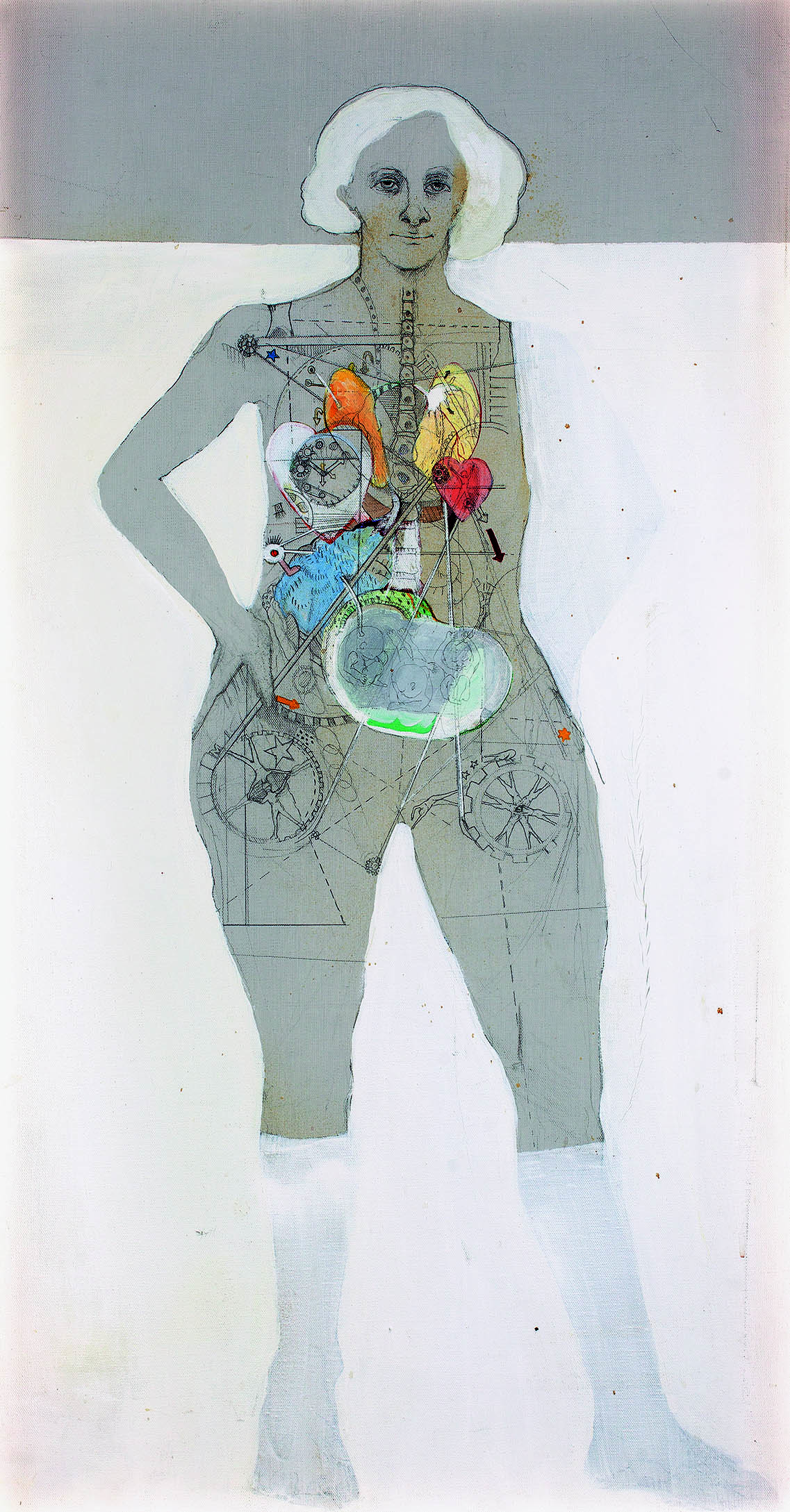I’m a Cyborg, But That’s OK: The Boundary Blurring Work of Lynn Hershman Leeson
Main Article Content
Abstract
Since the genesis of cyberpunk, narratives told by science fiction authors and scientists alike have been preoccupied with disembodiment. As virtual reality technologies are becoming more accessible, the idea that the human mind will soon be able to separate from the body is no longer so fantastical. Katherine Hayles’ How We Became Posthuman charts the journey of how, in the popular consciousness, the immaterial mind has become privileged over the material body. Hayles and other theorists, like Anne Balsamo, push back against the primacy of the disembodied and urge a return to the body. These texts fail to acknowledge that women and queer individuals benefit from the ability to control how they are represented in digital spaces.
I propose a feature article which suggests that feminists and queer theorists need not focus on a strict materialism, and instead embrace the partiality of existence within marginalized bodies. Focusing on Lynn Hershman Leeson’s work - specifically Teknolust and her performance of Roberta Breitmore - alongside Donna Haraway’s “A Cyborg Manifesto”, I examine how existence in everyday online spaces like VR chatrooms and social media platforms can blur the boundaries (especially mind/body) which construct traditional notions of identity. Using this framework, I ultimately argue that modern feminists and queer theorists should avoid alleigiance to rigid descriptions of gender and sexuality, and instead embrace the ways in which virtual reality and online existence allow for fragmented experiences of identity and embodiment which can be liberating for people in oppressed bodies.
Article Details

This work is licensed under a Creative Commons Attribution 4.0 International License.
Authors who publish with this journal agree to the following terms:
- Authors retain copyright and grant the journal right of first publication with the work simultaneously licensed under a Creative Commons Attribution License that allows others to share the work with an acknowledgement of the work's authorship and initial publication in this journal.
- Authors are able to enter into separate, additional contractual arrangements for the non-exclusive distribution of the journal's published version of the work (e.g., post it to an institutional repository or publish it in a book), with an acknowledgement of its initial publication in this journal.
- Authors are permitted and encouraged to post their work online (e.g., in institutional repositories or on their website) prior to and during the submission process, as it can lead to productive exchanges, as well as earlier and greater citation of published work (See The Effect of Open Access).

